How to declutter your life - without discarding your past
A tidy house is a tidy mind, but while that rings true don’t live to regret throwing out things that help you remember. As writer Debra Waters discovered, you kept them for a reason.
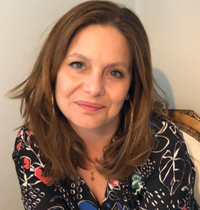
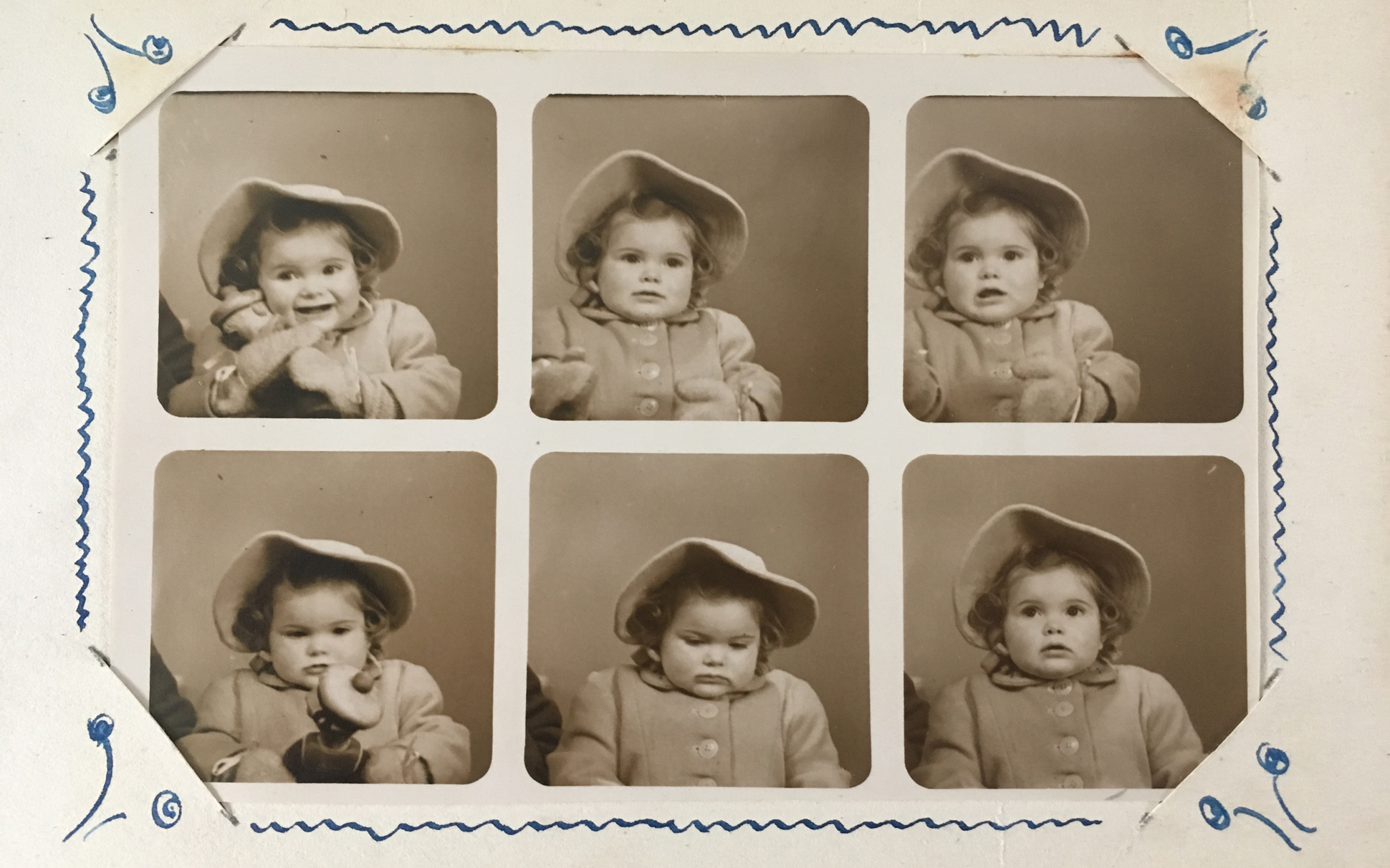
Parenting advice, hot topics, best buys and family finance tips delivered straight to your inbox.
You are now subscribed
Your newsletter sign-up was successful
A tidy house is a tidy mind, but while that rings true don’t live to regret throwing out things that help you remember. As writer Debra Waters discovered, you kept them for a reason.
During isolation, many of us are getting around to the household jobs we've been putting off - including decluttering. Now is the perfect time to get to sort out the wardrobe, kids' toys and the cupboard under the stairs (if you've brave enough).
The growing movement for getting rid, made hip by organising consultants such as Marie Kondo, has made decluttering a modern-day buzzword, a pursuit meant to bring us space and serenity.
But is disposing of almost everything that once mattered to us, bits and pieces that trigger treasured recollections or remind us of key times in our lives, the answer?
Not in my case.
The iconic Victorian designer William Morris said, ‘Have nothing in your house that you do not know to be useful, or believe to be beautiful.’ It’s a worthy philosophy and (until I had kids, at least) one I followed. My home was clutter-free, but only because everything I’d accumulated was squirreled away in a garage in Yorkshire, stored safely out of sight and out of mind until dad died and my stepmum asked me to sort it.
'It will take you a while,’ she warned.
Parenting advice, hot topics, best buys and family finance tips delivered straight to your inbox.
'Nah, half a day tops,' I said blithely before choking on my PG Tips when I saw the Sisyphean task ahead.
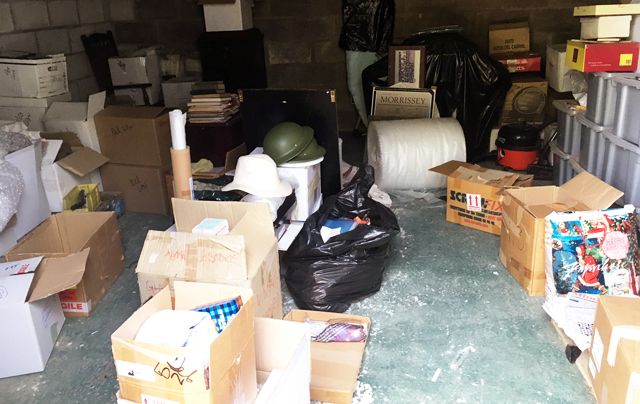
Consider Monica’s secret junk closet in Friends and times it by 100. Boxes and boxes of a life lived out and packed up, each one a time capsule from a different period, containing objets d’milestones I’d been too anxious to throw away in case I lost part of myself. Baby, toddler, primary school, secondary, sixth form, university, first job, second job, third job, holidays, study, travel, wedding, pregnancy. Then, after having a baby, his toddler clothes, his primary school drawings…
I had kept everything. Childhood sketches and school projects; awards for swimming 10, 25, 100 metres; scented pens in rusting tin pencil cases; notes surreptitiously passed in class illustrated with hearts and the names of teen crushes; ticket stubs of gigs and plays; plastic jewelry and clip-on earrings; love letters; bad poetry; the university offer that changed my life; a football club work pass still in its lanyard that sparked a happy memory of clubbing after work still dressed in my waitress uniform.
READ MORE: How to declutter and make money
There were bad photos of the 1999 eclipse and good photos of celebrating it; Polaroids of good times with bad boyfriends; shells from a Thai beach; a boarding pass of the first (and only) time I was upgraded; the first press release I wrote, the first article, the journal in which I’d written I’d met a man I had a feeling I’d marry; our wedding invites.
And finds, more precious than gold, from before I was born. Proof of what I’d presumed were tall stories: dad’s fine for littering (an offence he made sure his daughter never repeated); a faded image of him as a boy on a boat bound for Australia (he was a Ten Pound Pom until nan got homesick); and a silver eggcup he won for car rallying (I used to wet the rim and suction it to my head to make my sister laugh).
There were sepia photos of my mum as a bonny baby; marriage and birth certificates; granddad’s pencil sketches (a talent I failed to inherit but if my son shows an aptitude I’ll now know why); and a medical document stating how gran died that could prove useful.
There were mix tapes from friends cooler than me that gave me some much-needed musical kudos at student parties; essays that showed promise I didn’t trust I had; 13th birthday photos of me dressed in blue and white stripes, looking like a tube of toothpaste (but not, sadly, the 5 Star album my first boyfriend bought me); cards and letters signed with love yous and miss yous that prompted a thorough counting of blessings.
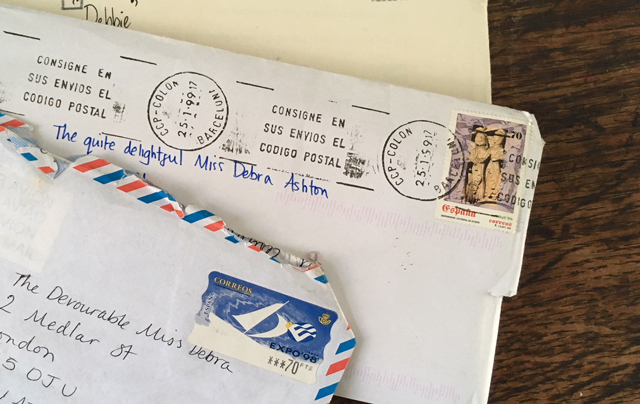
Do I need these things? No, not to exist, but in terms of remembering they’re both useful and beautiful. Because my parents died relatively young, and because I didn’t listen carefully enough when they were around, I’ve lost their reminiscences and verbal anecdotes, so I rely on stuff.
That’s not to say I didn’t declutter. I sifted and sorted into four sections – CHARITY, KEEP, RECYCLING, RUBBISH – and as time was limited sentimentality only stretched so far. In two days 40 boxes diminished to a dozen and those will be sorted again before they’re consigned to the attic.
To an organisational expert the remaining boxes are probably still too many, and you could question what the point is if they’re stowed away gathering dust. But every item left is a treasure trove, a memory bank, a family tree, a timeline, and a source of creative inspiration for future generations and myself, so they’re worth the room they'll take up.
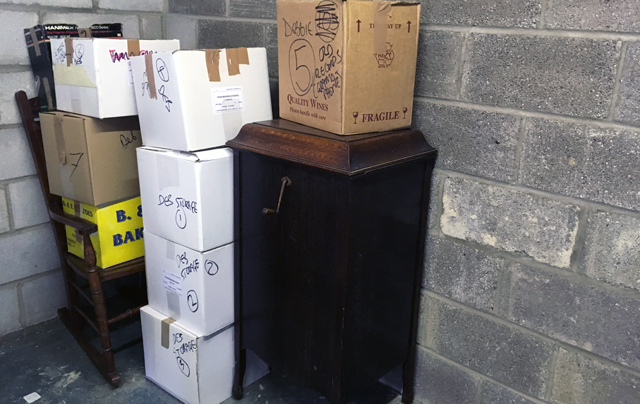
Tips for decluttering without discarding your past
- Give yourself a time limit; setting a deadline means you don’t spend too long mooning over photos or wondering whether to keep old birthday cards.
- Keep token gestures to jog your memory: preserve a few letters, drawings and decent photos from each period in your life; keep marked essays, not folders of study notes.
- If you know you won’t read them again, give books to charity and hold on to token copies – I kept a book of poems inscribed with dad’s handwriting and a shorthand dictionary annotated by mum.
- Sell CDs on sites such as musicMagpie, making a note beforehand of your favourites. Then sign up to Spotify or Amazon Music and stream them. If you have vinyl records, and some spare time, do your research as they may be valuable.
- Smells can evoke powerful emotions; I’d kept empty perfume bottles my mum wore. That’s clutter, so as a compromise I bought a couple of small samples on Ebay to sniff when I wanted to remember her.
- If you can’t recall why you stored it, or who the person was who gave it to you, it’s unlikely to be relevant, so bin it.
- Digital records take up less space so if you don’t have room take photos of drawings, letters and objects so you can refer to those items even if they don’t physically exist anymore.
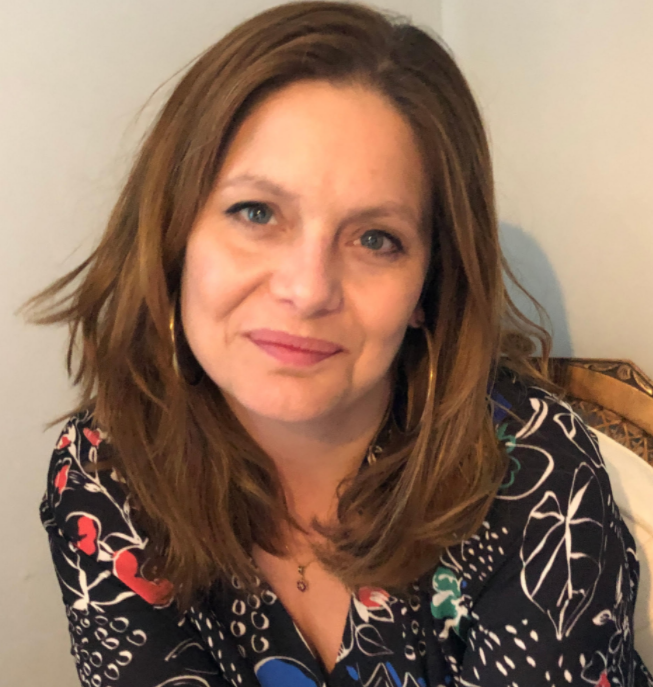
Debra Waters is an experienced online editor and parenting writer. She also has a strong background on health, wellbeing, beauty, and food. She currently writes for Goodto and Woman&Home, and print publications Woman, Woman’s Own, and Woman’s Weekly. Debra has written for What to Expect, Everyday Health, and Time Out. In addition, she has had articles published in The Telegraph and The Big Issue.